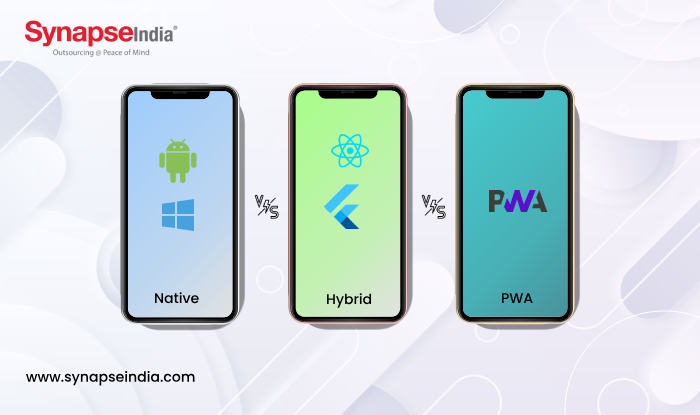 08 Aug 2025
08 Aug 2025
The global education technology (EdTech) market is projected to reach $348.41 billion by , growing at a compound annual growth rate (CAGR) of 13.3% from 2025 to 2030 (Grand View Research).
In Boston, a hub for innovation and education, EdTech startups are using MERN stack development services to build dynamic, and interactive platforms that transform learning.
In this blog, we will discuss what makes the MERN stack the go-to choice for these startups?

The MERN stack is a powerful, JavaScript-based framework comprising four key technologies:
This unified JavaScript approach streamlines development, making MERN stack development a favorite for startups with limited resources but big ambitions.
EdTech platforms require features like real-time collaboration, engaging interfaces, and the ability to scale with growing user bases. The MERN stack aligns perfectly with these needs, offering several advantages:
These features make MERN stack development services a natural fit for creating innovative EdTech solutions that meet modern educational demands. Education spending remained constant at 2.8% of GDP from 2014 to 2019, before increasing to between 3% and 3.5% during 2019–2021 (Straits Research).
Boston’s tech community, backed by top schools like MIT and Harvard, includes many skilled JavaScript developers. Groups like BostonJS and local bootcamps teach React, Node.js, and MongoDB, helping EdTech startups easily find MERN stack talent to build modern platforms.
The demand for JavaScript-based skills is evident in Boston. Many companies prioritize JavaScript for web development, and the MERN stack’s popularity is reflected in its use across various industries, including education. This availability of talent supports the adoption of MERN by Boston’s EdTech startups.
When it comes to building innovative EdTech platforms, partnering with a trusted MERN stack development company like SynapseIndia is a game-changer. SynapseIndia offers:

Boston’s EdTech startups are at the forefront of educational innovation, and the MERN stack is a key driver of their success. Its ability to deliver real-time, scalable, and interactive platforms aligns perfectly with the needs of modern education.
Coupled with Boston’s strong JavaScript developer community and the booming EdTech market, MERN is a strategic choice for startups aiming to make a mark.
For those ready to build the next big EdTech platform, our MERN stack development services offer the expertise and support needed to succeed.
Connect with us at SynapseIndia to bring your vision to life.
The main difference is the front-end framework: MERN uses React.js for dynamic, component-based interfaces, while MEAN uses Angular.js, which offers a more structured approach. Both use MongoDB, Express.js, and Node.js for the backend.
A MERN stack developer needs proficiency in JavaScript, expertise in MongoDB, Express.js, React.js, and Node.js, and knowledge of RESTful APIs, version control (e.g., Git), and front-end development best practices.
Platforms like StudyNotion and CodePlay, built using the MERN stack, demonstrate its ability to create robust, feature-rich educational applications that support content creation and user engagement.

 30 May 2024
30 May 2024
